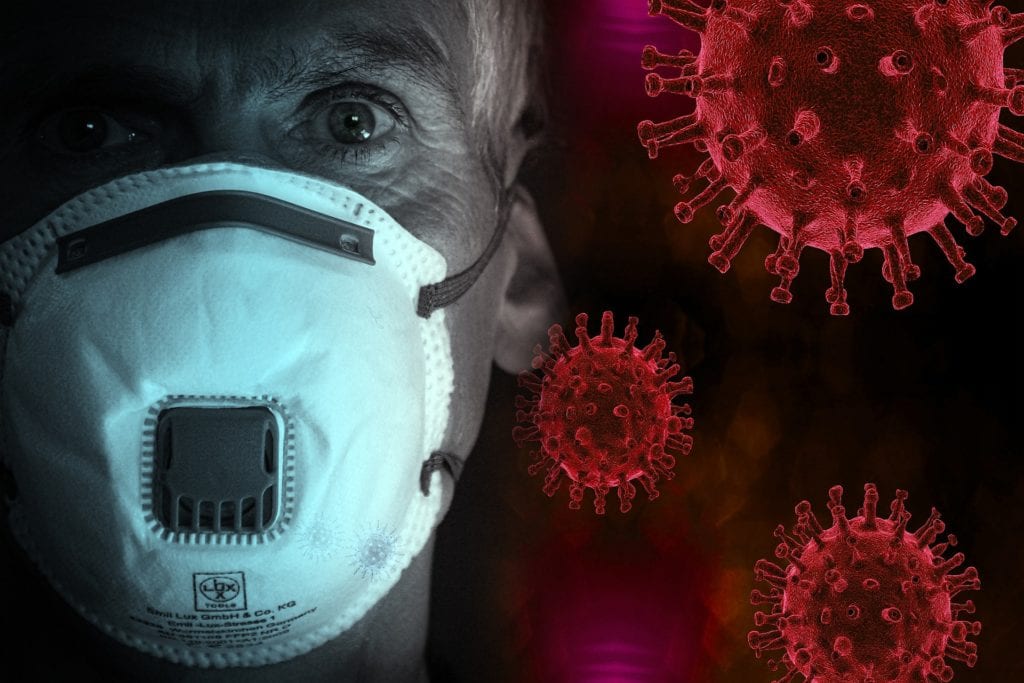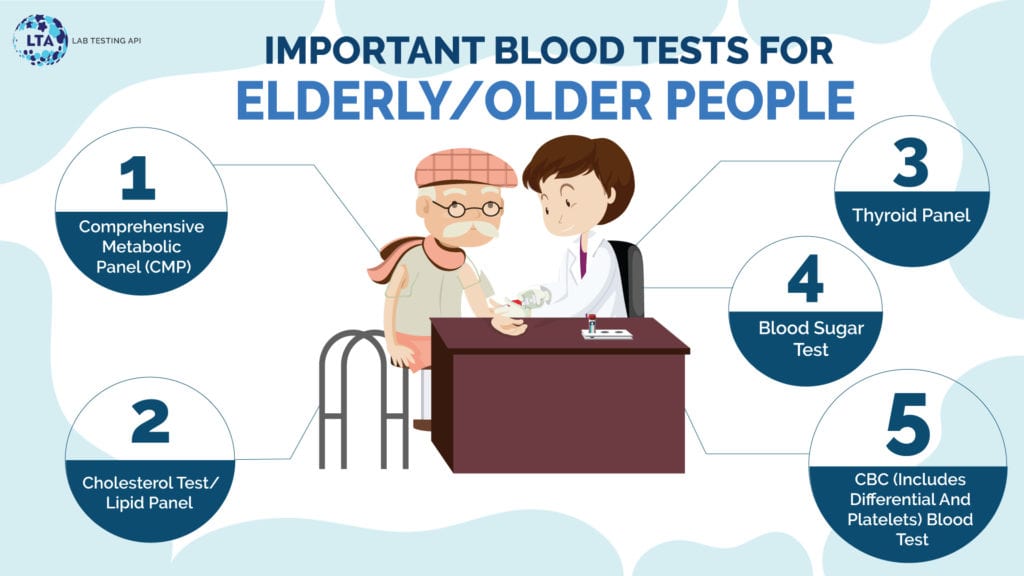
The coronavirus pandemic has emerged and is relentlessly engulfing the whole globe. It has disrupted human activity and has destabilized the world’s economy. According to the World Health Organization (WHO), the number of confirmed cases worldwide as of November 15, 2020, was 53,766,728 including 1,308,975 confirmed deaths and the numbers are still rising. The US, India, and Brazil are leading the tally of most infected countries. The US accounted for the world’s highest number of cases and deaths at 10,641,431 and 242,542 respectively, according to WHO. The physicians and public health research scientists are working tirelessly to tackle this virus. As the symptoms of the virus are varied, it poses problems before the health agencies. With its growth, the emergence of scientific publications trying to analyze the underlying medical conditions that may increase the severity of COVID-19 complications is also rising. According to the latest report by Italy’s National Institute of Health among 99% of COVID-19 patients who have died, it was found that at least one among them had pre-existing medical conditions. The Centers for Disease Control and Prevention has also come out with a report mentioning certain underlying conditions that may increase the severity of COVID-19 complications. This blog is dedicated to discuss those conditions.

Aging is a steady, and continuous process of human life. As we grow older, many bodily functions begin to gradually weaken and can present seniors with various health challenges. According to the World Health Organization (WHO), people 60 years old and above are referred to as older or elderly persons (1). People of this age group are more susceptible to developing diseases and thus, preventive health care (PHC) is highly recommended for them. To put it precisely, prevention is better than cure.

Aging is a part of human life. Human life starts with birth, then it enters the stages of childhood, adolescence, adulthood, and finally old age. Aging is an inevitable and irreversible process. It is estimated that elderly people account for about 12 percent of the world’s population–and this is rapidly increasing to over 22 percent by 2050 (1). As we grow older, a wide range of changes happens in the body to varying degrees, which could result in different health issues. According to the World Health Organization (WHO), people 60 years old and above are referred to as older or elderly persons (2). People of this age group usually have high chances of developing diseases and preventive health care (PHC) is highly recommended for them. To put it accurately, prevention is better than cure.